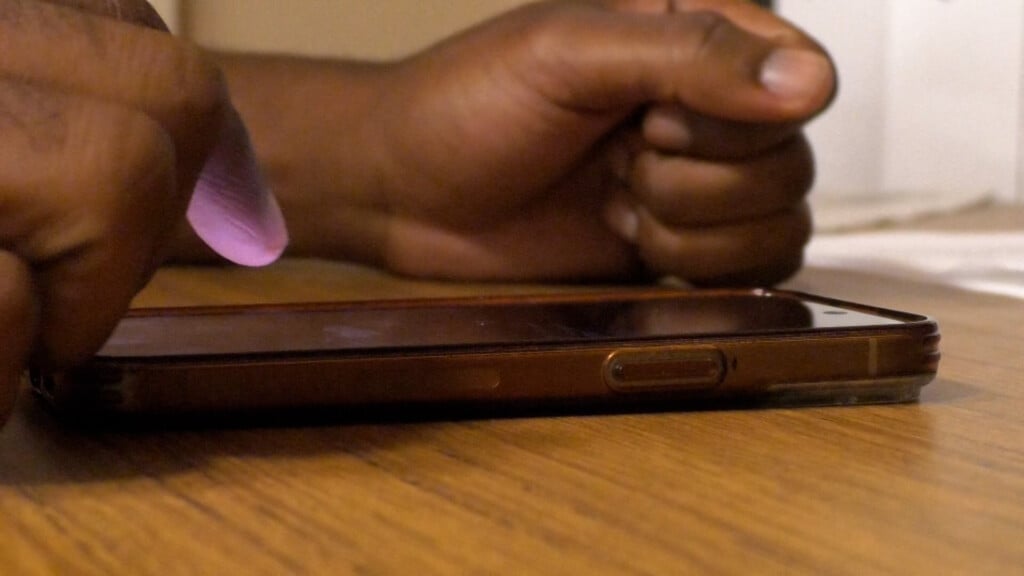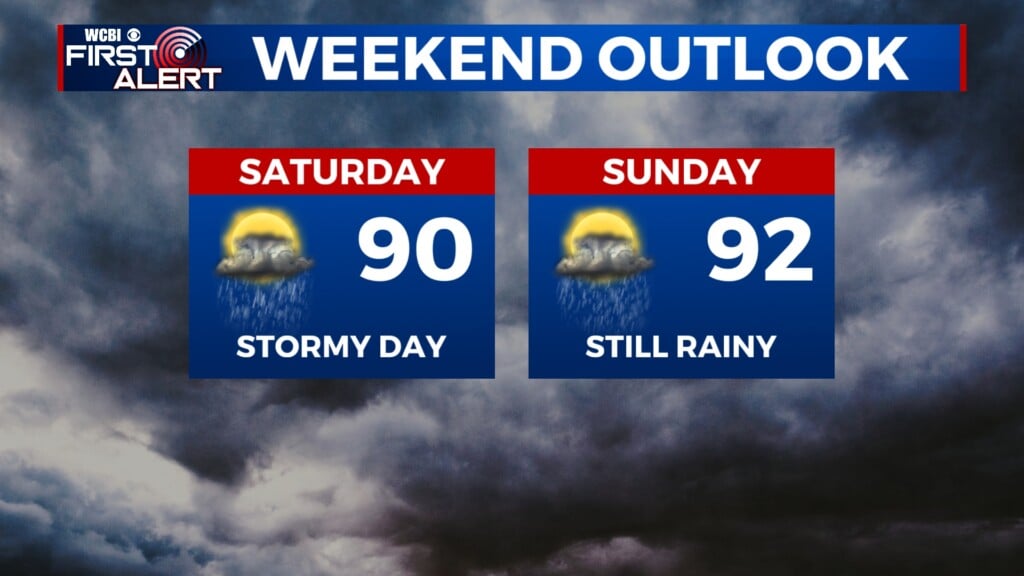Paper money shunned for fear of coronavirus
A growing number of businesses and individuals worldwide have stopped using banknotes in fear that physical currency, handled by tens of thousands of people over its lifetime, could be a vector for the coronavirus.
Public officials and health experts have said the risk of transferring the virus person-to-person through the use of banknotes is low, but they don’t rule it out.
Dr. Sanjay Maggirwar, chair of the George Washington University School of Medicine’s department of microbiology, immunology and tropical medicine, recently told CBS MoneyWatch that researchers think coronaviruses “can stay on surfaces in their fully active states for at least 10 days. That includes cash and all kinds of other surfaces that people normally touch. So certainly with the coronavirus, cash handling is a concern.”
Some businesses are refusing to accept currency, with while several countries have urged their citizens to stop using banknotes altogether.
Open Books, a non-profit bookstore in Chicago, sent an email to customers last week asking individuals not to use cash. A chain of diners in Washington State has also stopped accepting cash. And delivery services like Grubhub, Door Dash and others have instituted “no contact” deliveries, and have either stopped offering cash as a payment option or are actively discouraging it.
Even the Federal Reserve has taken efforts to make sure the nation’s money supply isn’t contaminated. Banknotes that circulated in Europe and Asia are being quarantined for seven to 10 days as a “precautionary measure,” according to a Fed spokesperson.
While cash does carry some risk of passing on the virus, it is smaller than other transmission routes. A scientific paper published early in the outbreak found the virus can live on cardboard for up to 24 hours and up to three days on plastic and stainless steel. The researchers, however, did not test whether it can live on banknote paper.
Meanwhile, the mere presence of live virus particles on banknotes does not mean they are a health hazard, public health experts said. Virus particles are unlikely to return to the air, or aerosolize, once on a surface.
“It’s not impossible that there might be traces of virus on dollar bill, but if you wash your hands it should provide adequate protections — you shouldn’t need anything else,” Julie Fischer, a professor at the Center for Global Health Science and Society at Georgetown University, said on C-SPAN.
Other devices used to pay for items are just as likely to be vectors for disease transfer. Credit and debit cards are made of plastic and metal. ATMs are touched by hundreds of human hands a day. And studies show smartphones are heavily contaminated with bacteria because of their constant use.
Banknote avoidance isn’t just happening in the U.S. In South Korea, which has been more successful in stemming the coronavirus outbreak, the country’s central bank took all banknotes out of circulation for two weeks and, in some cases, burned paper money.
Iran is suffering the worst outbreak of the virus in the Middle East. Using cash there is common, but in recent weeks many people have avoided it and banks have announced that they will not accept cash from customers. Iranians often have multiple debit cards but cash is widely used in small-scale transactions, like buying bread in bakeries or leaving a tip. Many people have started even being careful in how they hand over debit cards, as contactless payment methods haven’t caught on there.
In the U.S., there is concern that going cash-free shuts out millions of Americans who lack bank accounts or access to financial services like credit cards.
“Not everyone has a bank account, and there are some very important equity issues if we start encouraging cashless transactions,” said Dr. Danielle Ompad, an epidemiologist at New York University’s School of Global Public Health.
“Some people don’t have a choice, so to say, ‘You should only use cashless transactions,’ is not sensitive to their circumstances,” she said.





Leave a Reply